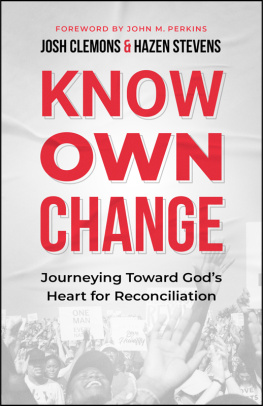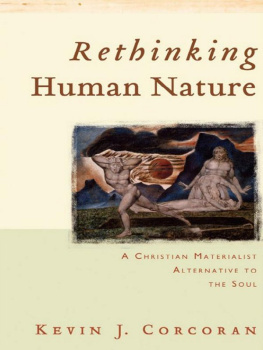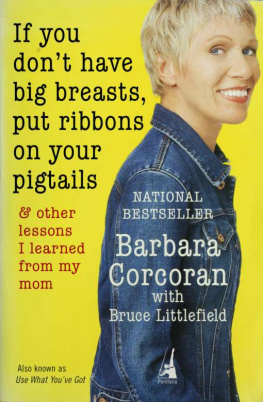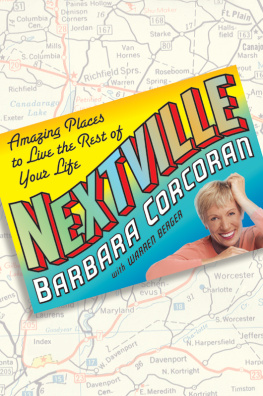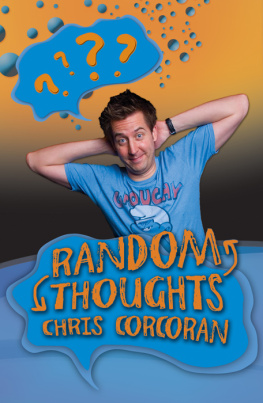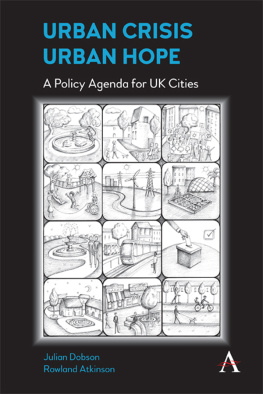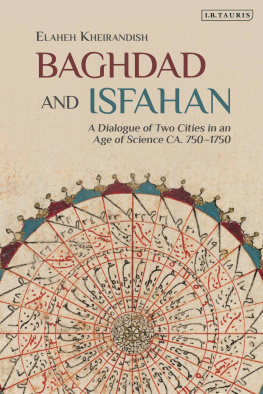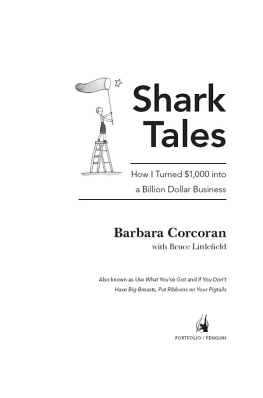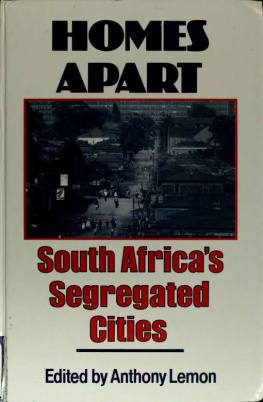TRUSTBUILDING
TRUSTBUILDING
An Honest Conversation
on Race, Reconciliation, and Responsibility
ROB CORCORAN
With a foreword by Governor Tim Kaine
UNIVERSITY OF VIRGINIA PRESS
CHARLOTTESVILLE & LONDON
University of Virginia Press
2010 by the Rector and Visitors of the University of Virginia
All rights reserved
Printed in the United States of America on acid-free paper
First published 2010
9 8 7 6 5 4 3 2 1
Library of Congress Cataloging-in-Publication Data
Corcoran, Rob, 1949
Trustbuilding : an honest conversation on race, reconciliation,
and responsibility / Rob Corcoran; with a foreword by Tim Kaine.
p. cm.
Includes bibliographical references and index.
ISBN 978-0-8139-2875-3 (cloth : alk. paper)
ISBN 978-0-8139-2881-4 (e-book)
1. Race relations. 2. Reconciliation. 3. TrustSocial aspects.
4. Conflict management. I. Title.
HT1521.C638 2010
305.8009755451dc22 2009024800
For Neil, Mark, and Andrew
CONTENTS
FOREWORD
I first encountered a small group of people calling themselves Hope in the Cities as a newly elected member of the Richmond City Council in 1994. It was clear from the beginning that they were a dedicated bunch, but it was also clear they were facing huge obstacles. Richmond, after all, had been a major interstate slave trade market and the capital of the Confederacy. It was famous for its Massive Resistance to integration. The city government and the city in general were starkly divided along racial lines. Richmond was congenitally resistant to change of any kind.
Into this atmosphere stepped Hope in the Cities, determined to heal these divisions through conversation and dialogue. It seemed like a tall order. But, fifteen years later, theyve pulled it off. Theyve succeeded in beginning the healing by insisting on honest conversation, demanding reconciliation, making divergent and often divided groups take responsibility. This small group focused on fixing Richmonds racial problems has expanded over the years, taking its message nationwide and to South Africa, France, and the United Kingdom.
This book, using personal narrative and exhaustive reporting by Rob Corcoran, chronicles how Hope in the Cities has moved what looked like an immovable barricade. The job is not done, but Hope in the Cities has provided a map for the future.
In 2007, Virginia became the first state to officially apologize for slavery. Later that year, thanks to the work of Corcoran, Paige Chargois, Ben Campbell, and many others, we unveiled the Reconciliation Statue at the site of the old slave market in Richmond. I noted when I participated in that unveiling that the apology was appropriate because Virginia had promoted, defended, and fought to preserve slavery. How we got from there to where we are today is the subject of this book.
Today we have an African American president of the United States. Our population is more diverse than it has ever been in the history of our country. Racial discrimination remains with us, and we will continue to need the help of Hope in the Cities to conquer our lesser instincts. Trustbuilding is not a conclusion but a chart, a useful guidebook to that ultimate destination that we know we will someday reach.
Tim Kaine
Governor of Virginia,
20062010
PREFACE
At the age of twenty-two, as an unemployed shipyard worker in Green-ock, Scotland, my father encountered an idea that changed his life. In 1935, a student who played on the same badminton team apologized to him for jealousy. Dad was team captain, and the student admitted that he had hoped to be captain himself. He explained that he and other students at Glasgow University had decided to apply their faith practically with changes in their own lives. Curing selfishness in people, they claimed, was a basis for a new social and economic order.
Dad grew up in the poverty that was the norm for working-class families of the era. Despite his skepticism, he found the honesty and strength of purpose that he saw in the students immensely attractive. He was even more impressed to meet three industrialists who were committed to putting people before profit. One of them had moved into a smaller house to avoid reducing his workforce during the Depression.
An unusual alliance of workers, students, and businessmen emerged in the Clydeside region. One of my fathers new friends was Archie Mackenzie, who went on to a distinguished diplomatic career. According to Mackenzie, a culture of teamwork began to challenge the inherited doctrine of class war. For my father, it was the start of a lifelong effort to bring new perspectives to the labor movement. It was also an important stage in the development of an international network for trustbuilding and reconciliation between people and communities now known as Initiatives of Change.
Dads experience in bridging class differences played an essential part in shaping my own worldview. From him I learned that people of diverse cultures and political backgrounds could overcome divisions to achieve change.
Since 1980, my wife, Susan, and I have made our home in Richmond, Virginia. This book was born out of the practical experience of working with people from many walks of life whose courageous actions are building a new vision for a city scarred by a history of slavery, civil war, and racial discrimination. Our lives were changed by individuals who became our friends and who offered a level of trust far beyond what we had any right to expect. It has been our privilege to accompany them and to learn from them. This is their story.
As the worlds cities, towns, and villagesand even our own homesbecome increasingly multicultural, questions of identity and inclusion take on new urgency. Richmonds story provides a practical framework of action for concerned citizens everywhere who are anxious to heal divisions and to build healthy, welcoming communities.
ACKNOWLEDGMENTS
I am grateful to Dick Holway at University of Virginia Press for taking a chance on an unusual book that combines narrative, social commentary, and how-to. I would like to express special thanks to Mary Lean for encouragement and editorial advice in the early stages of this project, and to Karen Greisdorf for her support and pertinent suggestions. Thanks also to Philip Schwarz, who provided vital data on Virginias slave history, and John Moeser for his expertise on Richmonds socioeconomic and political development.
I am indebted to colleagues in the Hope in the Cities team: their work provides much of the inspiration for this book. I want to give special mention to Collie and Audrey Burton, our neighbors of thirty years, and whose welcome to the neighborhood set much of this story in motion. Thank you to Don Cowles, Cricket White, Tee Turner, Paige Chargois, Ben Campbell, and many others in Richmond who have shared their reflections with me. Thanks to Niki Toussaint for information on Oregon Uniting, to Frances Trosclair in Natchez, and to Walter Rice and friends in Dayton for taking time to share experiences. Thanks also to Laurence Le Moing and Philippe Lasserre in France, and Gerald Henderson in the United Kingdom, who arranged interviews or read portions of the manuscript, and to Samuel and Virginia Pono and Pieter and Meryl Horn in South Africa, who were wonderful hosts.


